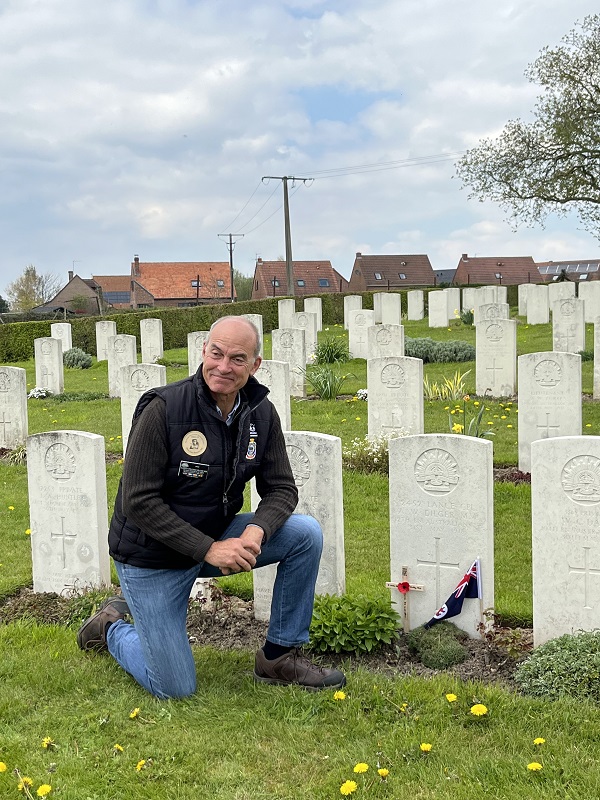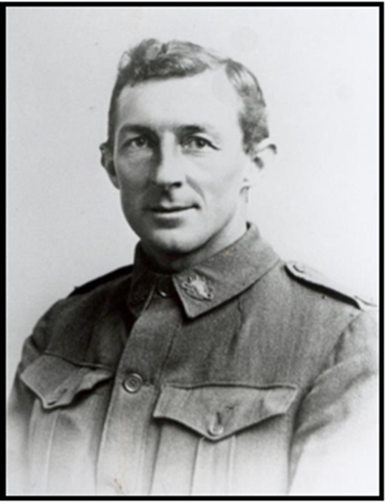
Divisions
-
Community Partnerships and Priorities
- Aboriginal Partnerships
- Child and Youth Wellbeing
-
Community Policy and Engagement
- Advisory groups
- Centenary of ANZAC
- Companion Card Program
- Concessions Guide
- Prevention of Family and Sexual Violence
- International Women's Day
- Frank MacDonald Memorial Prize
- Significant Tasmanian women
- Tasmanian Honour Roll of Women
- Women on Tasmanian boards and committees
- Veterans Programs
- Seniors Card
- Tasmanian Carer Action Plan
- Older Tasmanians
- LGBTIQA+ Tasmanians
- Volunteering
- Multicultural Tasmanians
- Food Relief to Food Resilience
- People with Disability
- Women
- Community and Disability Services
- Community Grants
- Contact
- Digital Strategy and Services
- Office of Local Government
- Office of Parliamentary Counsel
- Office of Review and Evaluation
- Office of the Secretary
- Resilience and Recovery Tasmania
- Corporate and Government Services
- Policy Division
- Service Tasmania Unit
- State Service Management Office
Contact Details
By phone
Find the number of a specific division or office to contact them directly or call Service Tasmania on 1300 135 513.
Our staff
Use the Tasmanian Government Directory to find staff contact details
Social media
Follow our social media accounts to keep up to date with specific programs and initiatives.
Lance Corporal Albert William Dilger MM
 |  |
Lance Corporal Albert Dilger MM was researched by the Minister for Veterans' Affairs, the Hon Guy Barnett MP.
Albert William Dilger, known as Bert, was born on 8 June 1888 and raised in Swansea. He was the eldest of eight children and enjoyed his sport especially football.
Bert was the son of Mary Elizabeth and William (Will) Dilger. Sadly, Bert’s father Will Dilger died unexpectedly on 21 February 1906 at the age of 42 in Boobyalla near Ringarooma where he had been working. He apparently died of an epileptic fit. Soon after his death and again sadly a fire broke out in the Dilger's home in Swansea, and it was badly damaged. Although some of the children were in bed at the time and had to be rescued, all members of the family survived.
Bert studied at the local school and then trained as a bridge builder for a local contractor including for some tie with his younger brother Harry who also served on the Western Front with the Australian Imperial force in World War 1.
Bert enlisted on 9 July 1915 at the age 27 years and departed from Tasmania to Adelaide and arrived in Alexandria, Egypt in January 1916 and following a few months in training arrived on the Western Front in France. Like many other soldiers and due to the weather conditions, he soon caught the flu and was hospitalised. Bert joined the 12th Battalion which was made up of mostly Tasmanians.
On 16 Feb 1918 Bert was awarded the military medal for bravery.
On the night of the 9th/10th January 1918 east of Messines, Lance Corporal A.W Dilger was in charge of a patrol. They got within 20 yards of an enemy post and were heavily bombed. Lance Corporal Dilger was wounded through the ankle, which was broken, and Private R.T Hortle was badly wounded in the thigh. The remainder of the patrol, wounded in a lesser degree, returned to our lines.
Lance Corporal Dilger remained with Hortle and carried him back, a distance of about 90 yards, and was subjected to heavy rifle and machine gun fire in doing so. Undoubtedly Private Hortle owes his life to Lance Corporal Dilger’s gallant action.
